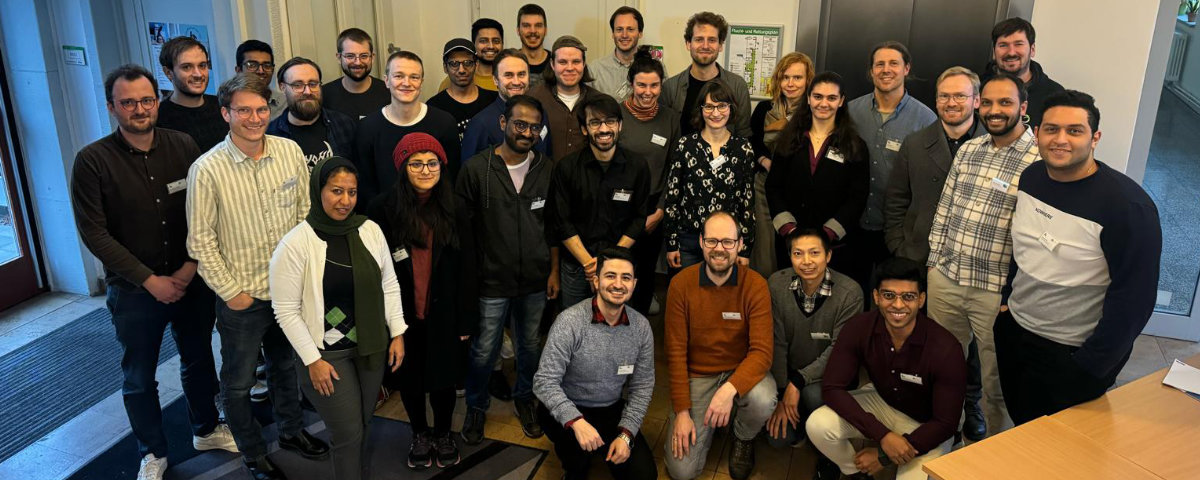
Change in division management: Ilka Cußmann takes over the management of the RLI research division Transformation of Energy Systems alongside Mascha Richter
10. April 2024
12.4. | Conference ENERDAY – International Conference on Energy Economics and Technology
12. April 2024April 11, 2024 | RLI is the first institutional member of the oemof association and provides a board member

oemof e.V. was founded at the beginning of 2023 and aims to support the development and application of the energy system modeling framework oemof (open energy modeling framework) of the same name the Reiner Lemoine Institute became a member of the association at the end of February, making it the first institutional member of oemof e.V. In addition, RLI employee Caroline Möller from RLI’s Off-Grid Systems research department is one of the association’s board members.
oemof is a versatile tool for modeling and analyzing energy systems. It is an open source software with an open license that is being jointly developed by many research institutes. oemof has a modular and flexible structure – this allows tailor-made applications and models to be built, in particular sector-coupled energy systems with electricity, heat, hydrogen and mobility technologies. Under the MIT open source license, oemof is available for use and further development by anyone and everyone. It is developed and published on GitHub.
“The RLI is one of the founding institutes of oemof and we are very pleased to now be able to include it in oemof e. V. as well. We hope that this membership will encourage other institutes that actively use and develop oemof to follow suit and use their membership to drive the development of oemof e. V. forward. In addition to additional networking and decision-making opportunities at general meetings, this will create financial resources. These can be put to good use for infrastructure and ongoing maintenance tasks,” says Caroline Möller from the oemof board.
RLI Managing Director Kathrin Goldammer: “Energy system modeling is crucial for the success of the energy transition. This is where oemof is particularly helpful. Since we as an institute have long stood for the open science approach and value the joint development and sharing of data and codes, we are very pleased to join the association as an organization.”
Transparency through collaborative development
The collaborative development of oemof as open source software in an active community has a high level of transparency and enables the reproducibility of scientific results. On the one hand, this frees up resources for the further development of models. On the other hand, the quality of the models used is ensured by constant review processes.
Association to help stabilize oemof
The aim of the association is to provide a formal framework for the activities of the oemof community. Among other things, the maintenance, development and documentation of the oemof modeling framework is to be stabilized and cooperation between research institutions and users in energy system analysis is to be strengthened.
oemof e.V. currently consists of around 20 members. Both natural and legal persons can become members of the association. This is particularly interesting for individuals and institutes that actively use oemof and want to provide additional support for the development of the open framework.
Further information on oemof e.V. can be found here.




